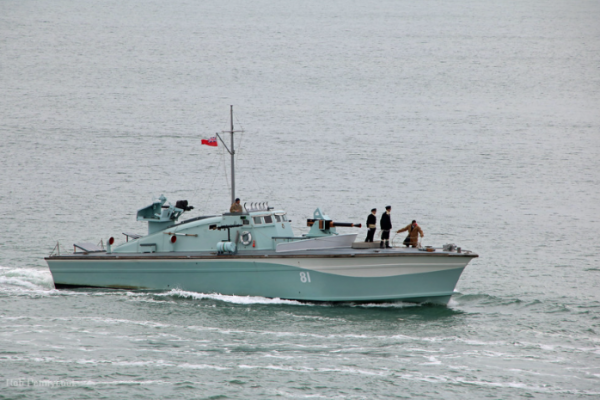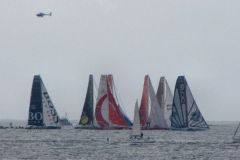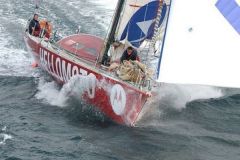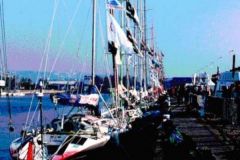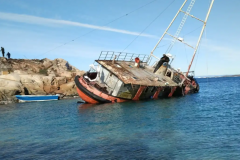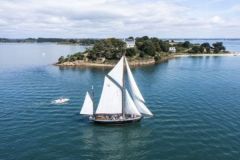In Caen, "Bateaux de Normandie" is coordinating a gathering of vintage boats to be held from June 2 to 5, 2024, to commemorate the 80th anniversary of D-Day. For the occasion, several Second World War boats will be mobilized. Laurent Clotteau, president of the association, explains the program for the event.
Commemorating help from the English Channel
On June 6, 1944, the shores of Normandy were the scene of a maritime event that changed the course of the Second World War: on that day, Allied forces landed on the beaches of Normandy with the aim of liberating Europe from Nazi occupation. The capture of Pegasus Bridge, located near Ouistreham on the Caen Canal, was a crucial operation carried out by British troops in the early hours of D-Day. This action prevented the Germans from reaching the beaches in tanks, thus ensuring the unimpeded progress of Allied operations by sea.
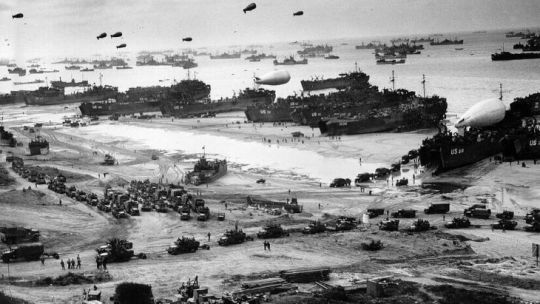
From June 2 to 5, 2024, the 80th anniversary of the D-Day landings will be an opportunity to highlight the courageous men who crossed the English Channel in their ships to support France.
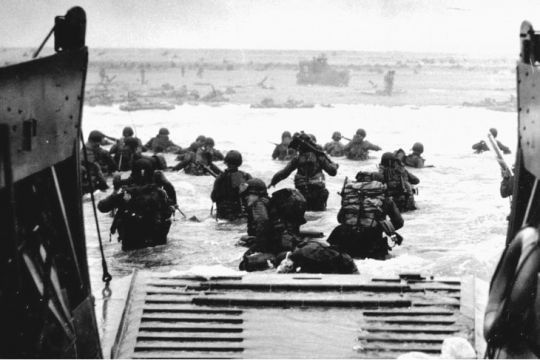
Historic boats expected
For the event, the president of the "Bateaux de Normandie" association announces the presence of five ships in Caen, some of which were deployed during the D-Day landings. All will have made the crossing from Portland. Among them is Our Lizzie, one of the last "sailing dinghies" built at the end of an era when several thousand of these vessels sailed for fishing around the UK. As a boat, she was bulkier than a pilot cutter, as she had been built for fishing and had a large stern arch, to enable her to lift gently in rough seas while drifting. The industry died with the introduction of engines and trawling in the 1930s, and today only three surviving drifters remain, including Our Lizzie. In 1936, she was converted to a yacht, with a rigging change from lugger to auric ketch, before being commissioned for espionage in the Baltic. From May 26 to June 4, 1940, she took part in Operation Dynamo to evacuate Allied soldiers from the beaches and port of Dunkirk.
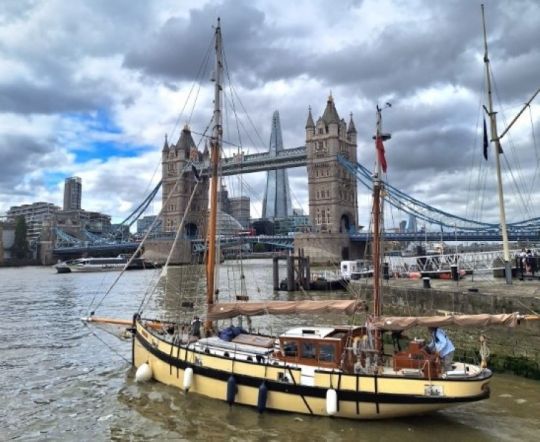
A major operation in the Second World War, the evacuation of Dunkirk was a crucial moment when Allied forces were forced to withdraw in the face of the rapidly advancing German army. The British Royal Navy, assisted by civilian ships and boats of all kinds, set out to rescue as many soldiers as possible.
'' As tugs played a crucial role at the time, one of them will be specially highlighted on the occasion of the 80th anniversary laurent Clotteau also explains. Designed to pull or push other ships, these boats were essential for transporting soldiers from the beaches to the larger ships awaiting them offshore. Their ability to navigate in shallow waters close to the coast was particularly valuable, given the obstacles and dangers posed by sandbanks and wrecks. Many of the tugs involved in the Dunkirk evacuation were civilian vessels requisitioned for the war effort. Their contribution to Operation Dynamo saved some 338,000 Allied soldiers.
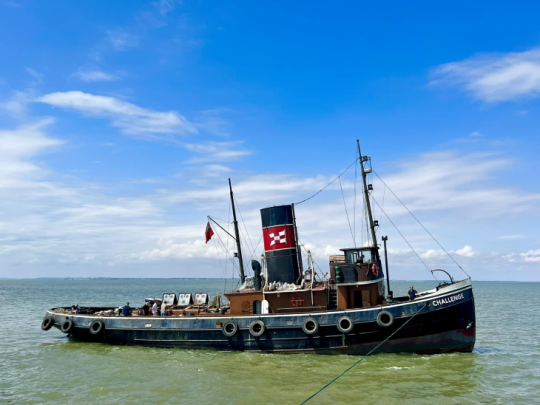
A program on board and on land
Although steeped in history, the boats that reach Caen are modest in size, designed to be operated by small teams of 3 to 5 people. As a result, they don't offer much in the way of visitor space. However, as Laurent Clotteau points out, '' enthusiasts and the curious will still have the opportunity to climb aboard during the event and meet some of the most prominent figures in the industry s''. In all, a small group of around ten boats are expected to attend this special event, including Caronia SS70 (1927), Letitia (1938) and Our Lizzie, which took part in Operation Dynamo at Dunkirk in 1940; Rummy III (1935), formerly known as "HMS Flycatcher", which served in the coastal forces at Great Yarmouth during the Second World War; the US Navy patrol boat P22, which saw service just after the war; Steam Tug Challenge (1931), which took part in Operation Dynamo at Dunkirk and the transport of Mulberries to artificial harbors in 1944. The FNFL schooner Etoile and the Mutin from the French Navy will also be present. It is possible that other historic ships will join the gathering.
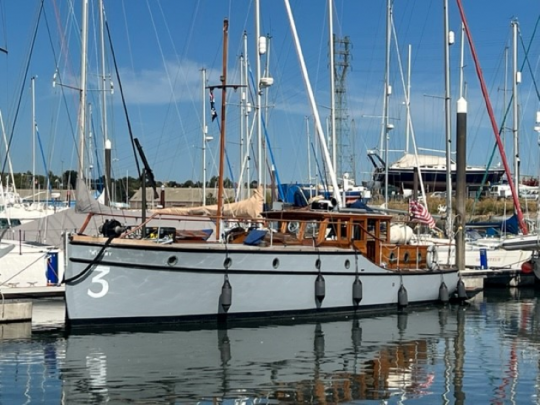
In parallel, the event features a varied cultural program including a concert, an exhibition dedicated to the association's former civilian fishing vessels and models, an exhibition on the history of Free French sailors by the Fondation de la France Libre, and a screening of Henry Verneuil's 1964 film "Week-end à Zuydcoote", which recounts the evacuation of hundreds of thousands of British troops trapped on the beaches of northern France in early June 1940.
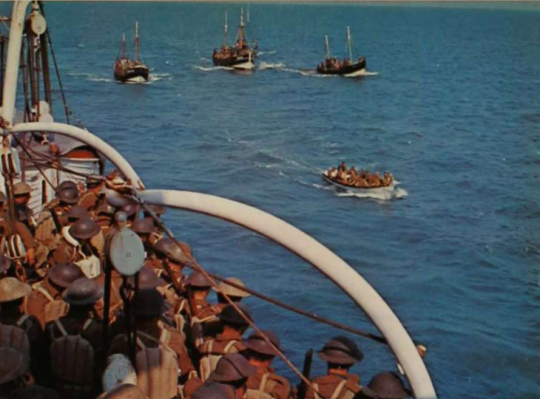
Around May 29, 2024, if you're strolling along the D-Day landing beaches, you might already be able to see the ships approaching from offshore...

 /
/ 